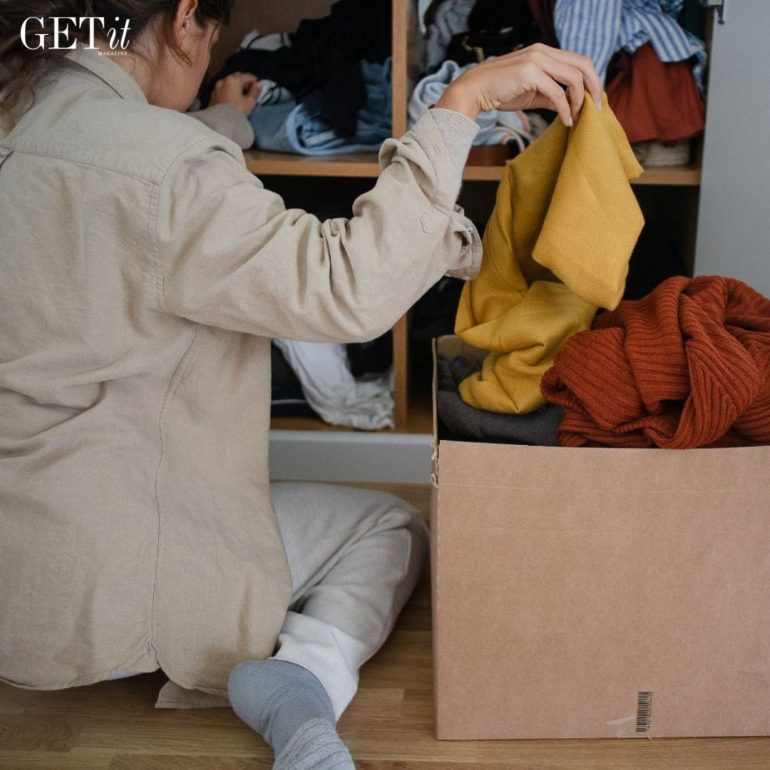Advice by International author and simplicity expert Bronwen Sciortino
Let’s face it, clutter gets in the way. In fact, over a quarter of Australians say clutter creates stress and anxiety in their lives.
International author and simplicity expert Bronwen Sciortino says clutter can actually lead to conditions like depression, fatigue and high levels of the stress hormone cortisol.
“Cluttered spaces can attract dust, mould, and animal fur which can exacerbate allergies and asthmatic conditions. It can also cause you to produce more stress hormones and chronic, long-term stress. This has been found to be a major source of health conditions such as Type 2 Diabetes, cardiovascular events (like blocked arteries and heart attacks), strokes, and auto-immune diseases.”
With conditions like these standing in your way, your mental health begins to deteriorate, making you much less likely to deal with the clutter head-on (pun intended). Once you give up on tidying up, your body starts to give up too, leaving your mental and physical health with nothing left to lean on.
So, where to start?
Make a Game Plan
Getting started is the hardest part. Keep things achievable by making a game plan and setting a few rules of your own. That way, you can set yourself up for realistic goals, not just Pinterest goals.
Try taking a page or two out of Marie Kondo’s book, and scrap what doesn’t work for you.
Start Anywhere
Don’t put too much pressure on yourself. Getting one drawer sorted is an achievement in itself.
Bronwen suggests keeping things simple: “Whenever you’re trying to do something differently, your success will always rely on making it as simple as possible. The less impact making the change has, the more likely you are to create a new habit.”
Adjust to Tough Love
By categorising the clutter, you can figure out what you need vs. what you don’t. Then, set up 7 piles:
- Arm’s Length: Anything you need on a daily basis should be as easy access as possible.
- Cupboard: Need it on the regular but not every day? Keep it in a close-by cupboard (one you don’t need a step-ladder for).
- (Deep) Cupboard: Only need it a few times a year? Keep it in the deep cupboard. Be mindful that cramming your cupboards full is the same as sweeping things under the rug; it’s still a mess even if you can’t see it (or reach it).
- Store: If you only reach for it once a year (if that), store it. Anything sentimental but not essential also falls into this pile. TAXIBOX brings storage to you then takes it away once you are done.
- Sell: Don’t need it but it’s still worth something? Sell it. Facebook Marketplace is your friend (except for the “friends” that ask if it’s “still available?” before leaving you on read).
- Donate: Anything you can’t sell, you should donate – take note of the donation bins in your area to speed up this step.
- Bin: Bin the stuff that you’ve loved for a little too long, aka, anything that’s lived beyond its life-span. We try to waste less, but sometimes it just has to be done.
“Get Around to It”
No need to wear yourself out – getting overwhelmed is never good. Try:
- Focusing on one thing at a time
- Finishing one task in full before you move on to the next
- Rewarding yourself once something’s crossed off the list (so you keep coming back for more)
Store what you don’t use (but want to keep)
Sorting your things out might leave you needing short or long-term storage. TAXIBOX, can turn your stuff into space by bringing storage to you, then take it away once you’ve filled it with items to store..





